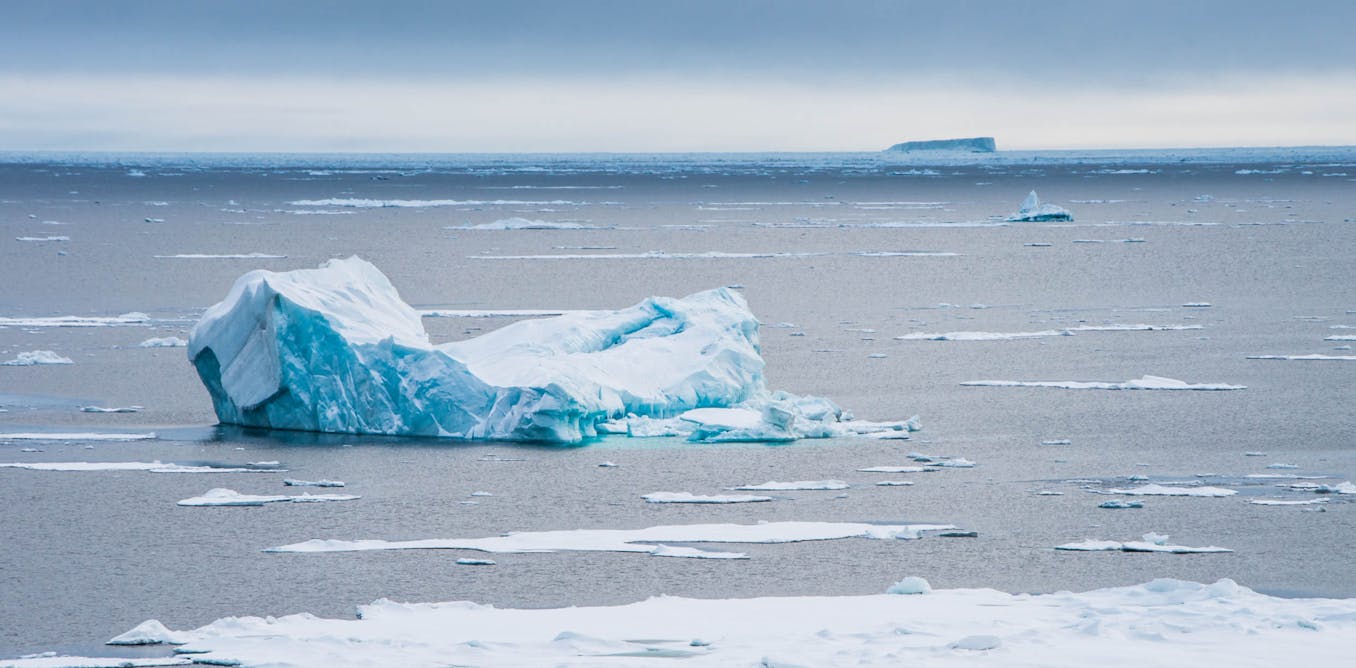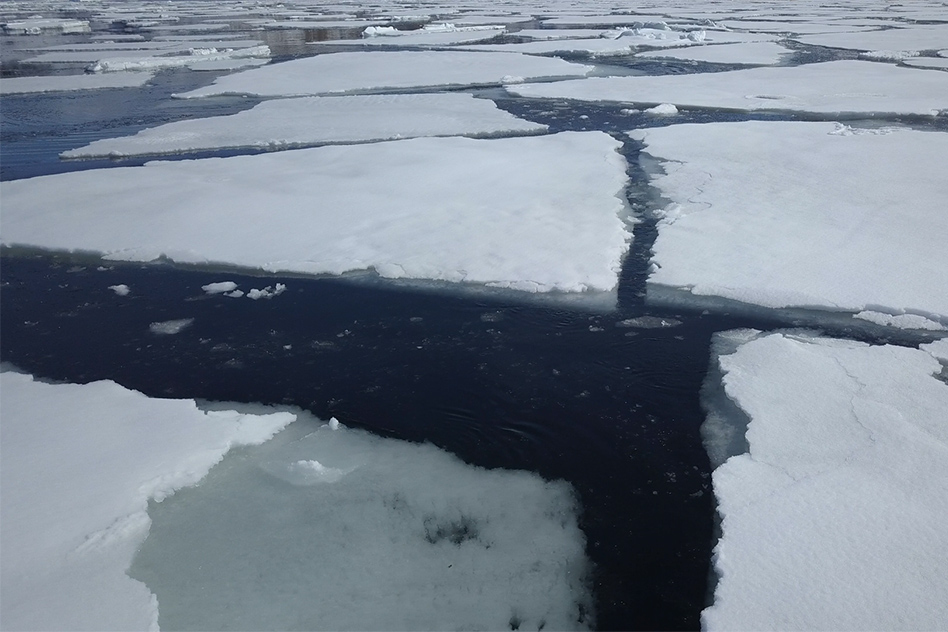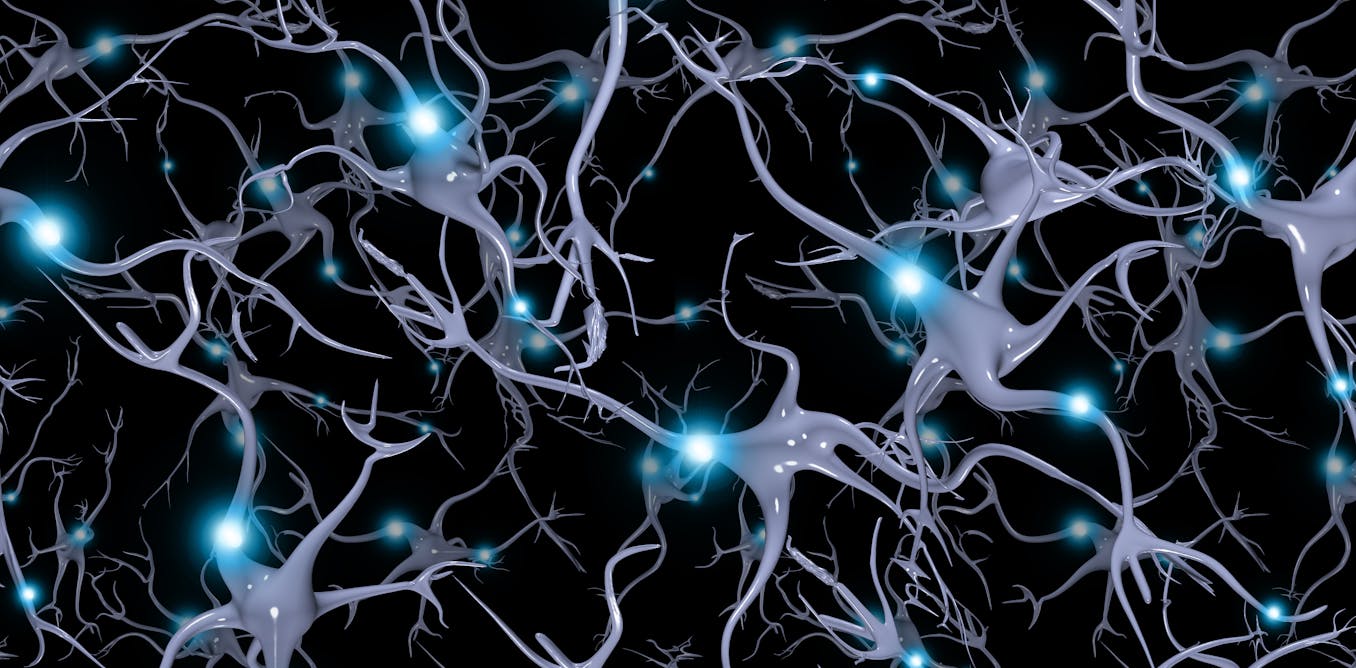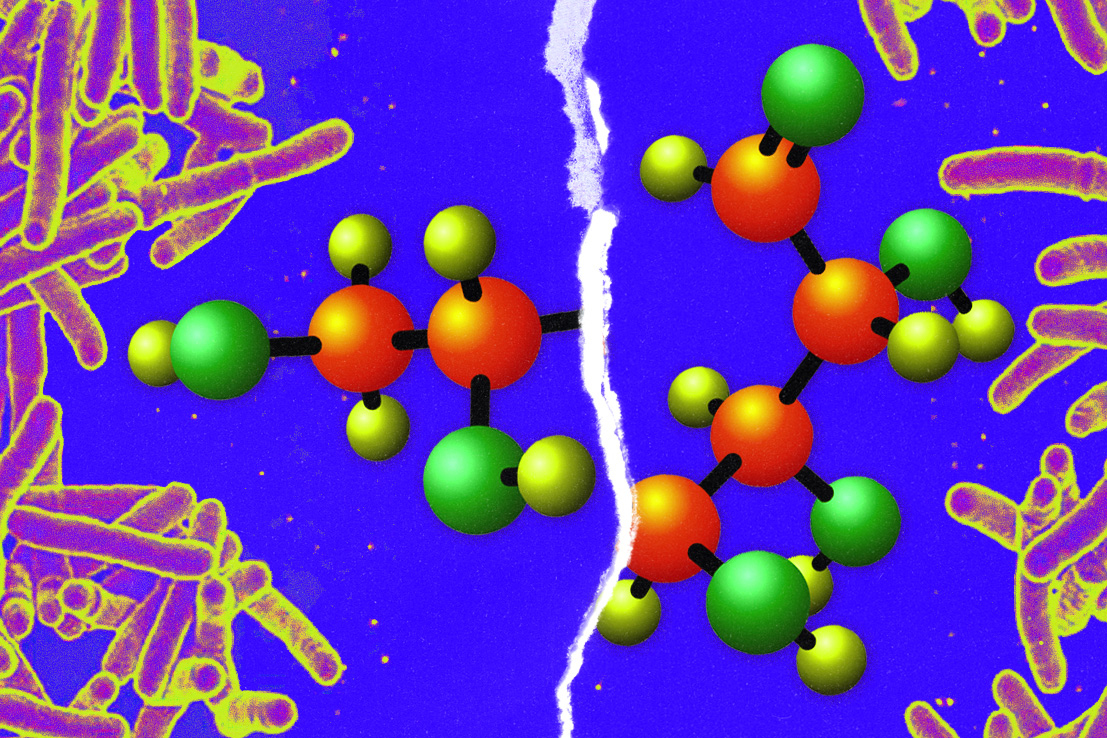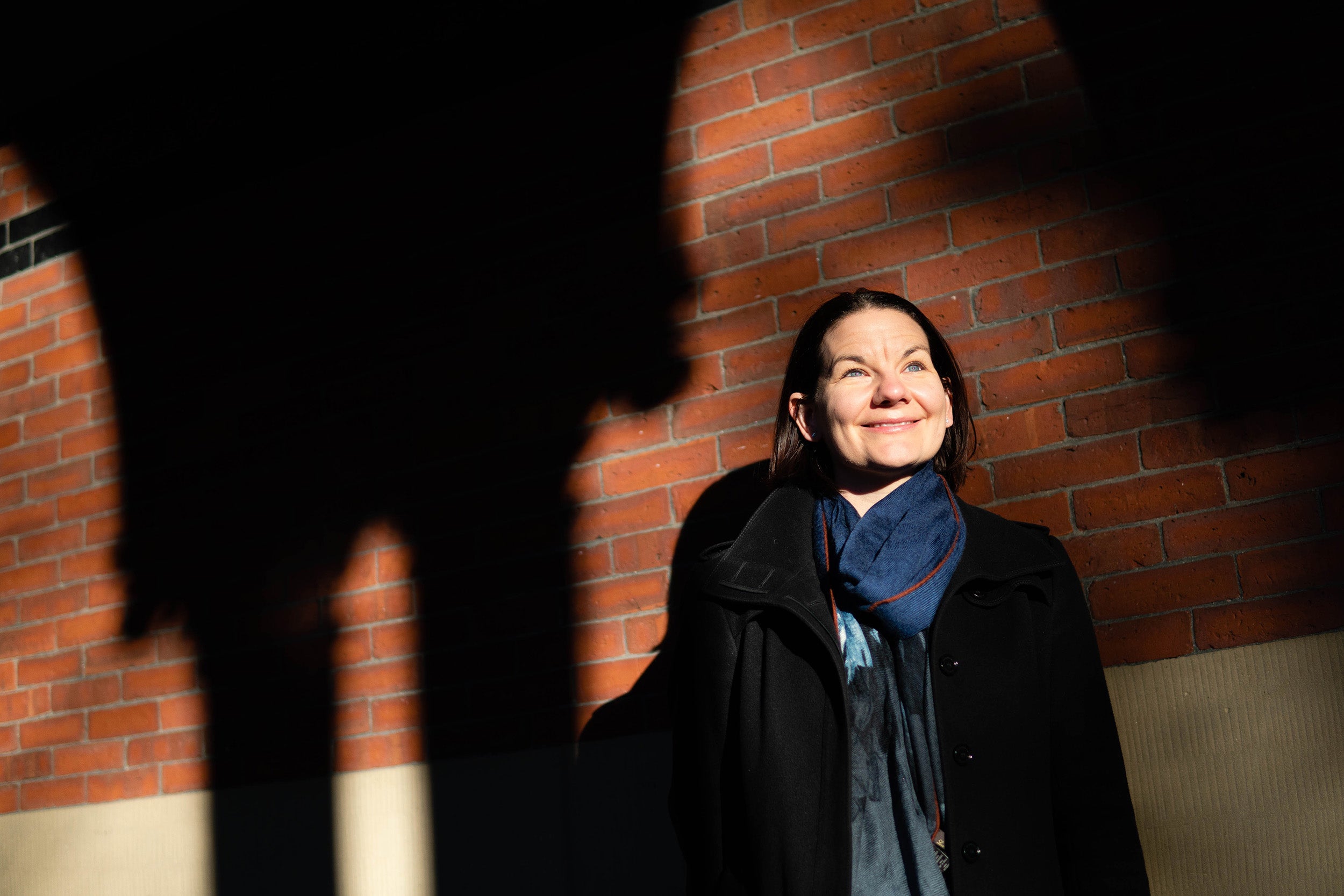Peatlands keep a lot of carbon out of Earth's atmosphere, but that could end with warming and development
Peat beds around the world hold huge quantities of carbon and keep it from warming the planet. But rising temperatures and over-use could turn them from a brake on climate change into an accelerant.
Dec. 7, 2020 • ~9 min


